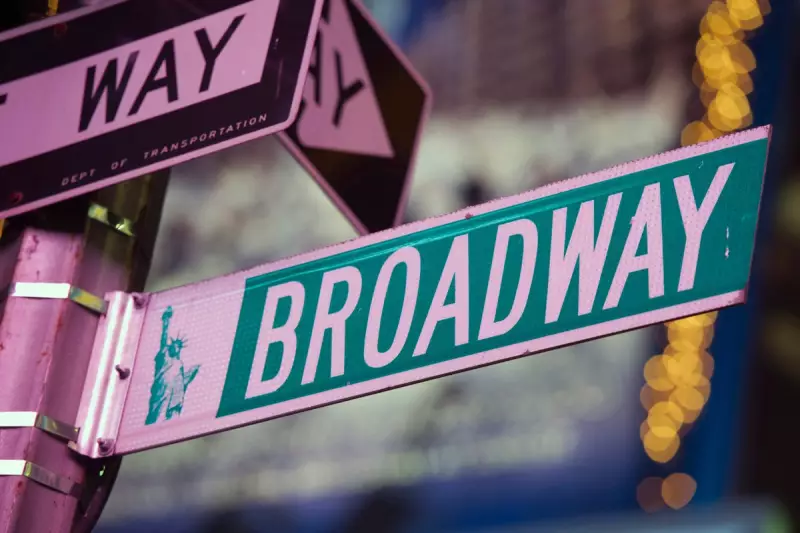
In a dramatic Capitol Hill appearance that blended showmanship with sobering reality, Tony Award-nominated actor Alex Brightman brought the voice of Broadway directly to Washington lawmakers. The star, best known for his electrifying performance in 'Beetlejuice', delivered compelling testimony about the catastrophic and ongoing impact of the COVID-19 pandemic on the theatre industry.
The Human Cost Behind the Curtain
Brightman didn't mince words when describing the devastation wrought by pandemic closures. 'We were the first to close and among the very last to return,' he told members of Congress, highlighting how Broadway's 41 theatres went dark for an unprecedented 18 months. The actor painted a vivid picture of the human toll behind the glittering marquees, describing how thousands of performers, crew members, and theatre staff faced financial ruin and career uncertainty.
A Plea for Protection and Preparedness
The testimony served as both a warning and a call to action. Brightman emphasised that while Broadway has made a remarkable comeback, the industry remains vulnerable to future crises. 'What happens when the next pandemic comes? What happens when the next national emergency occurs?' he questioned lawmakers, urging them to consider establishing permanent safety nets for the performing arts sector.
Beyond the Bright Lights of Broadway
While focusing on Broadway's struggles, Brightman also highlighted the pandemic's ripple effect across the entire entertainment ecosystem. Regional theatres, touring companies, and off-Broadway venues faced similar challenges, with many unable to weather the extended shutdown. His testimony underscored how the survival of these smaller institutions is crucial for nurturing future talent and maintaining a diverse cultural landscape.
The appearance marked a significant moment of cross-sector advocacy, demonstrating how arts leaders are increasingly engaging with policymakers to ensure the performing arts receive the recognition and protection they deserve as both cultural treasures and economic engines.





